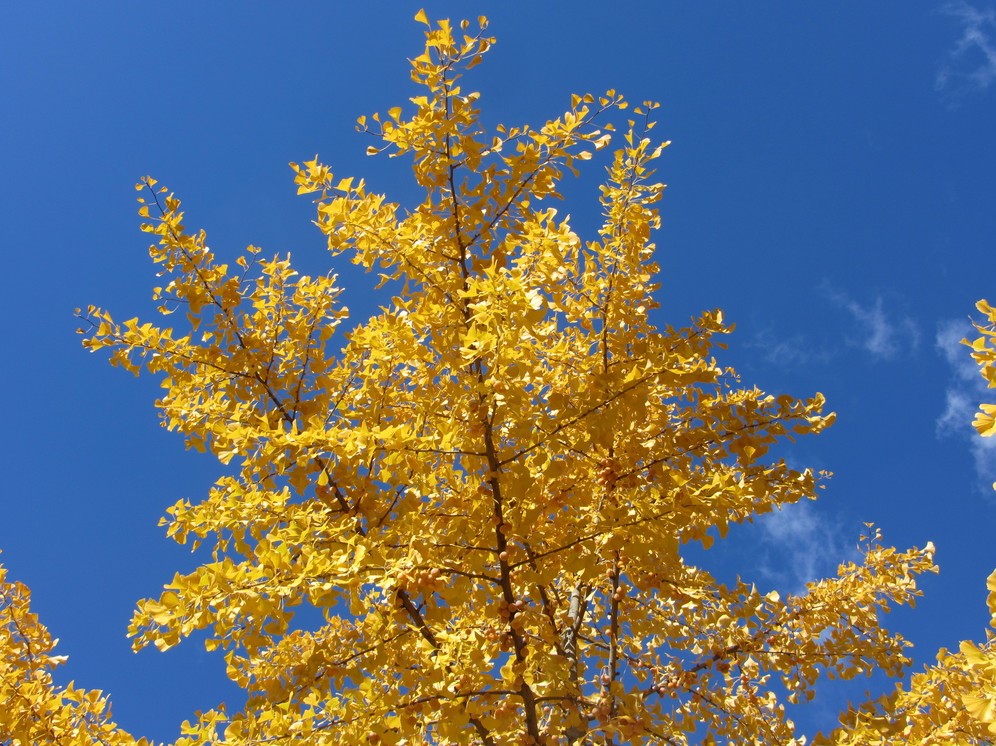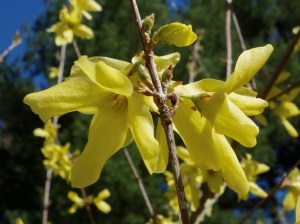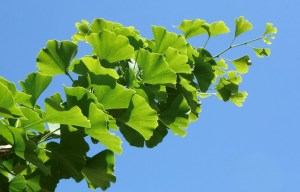Arboretum recognized for nationally accredited collections

Ginkgo biloba, one of two genera in the Arnold Arboretum’s collections to receive national accreditation status. Courtesy of Arnold Arboretum of Harvard University
“The Plant Collections Network (PCN) of the American Public Gardens Association recently bestowed national accreditation status to two genera in the Arnold Arboretum’s collections: Forsythia and Ginkgo. Along with six previously recognized genera — Acer (maple), Carya (hickory), Fagus (beech), Stewartia, Syringa (lilac), and Tsuga (hemlock) — the Arboretum’s eight national collections represent some of the most diverse, well documented, and widely studied collections of their kind.
“The Arnold Arboretum is one of the great museums of the world. And while there are no paintings, sculptures, or archaeological objects, the 15,000 accessioned living objects — namely our trees, shrubs, and lianas — constitute an extraordinary set of curated holdings,” said William (Ned) Friedman, Arnold Professor of Organismic and Evolutionary Biology and director of the Arnold Arboretum of Harvard University. Like every museum, the Arnold Arboretum never stops collecting and aspiring to acquire new objects to make its core holdings even stronger — from both horticultural and botanical perspectives.
“As the Arnold Arboretum has emerged as one of the most active botanical gardens in the world collecting in the wild, we have been able to boost some of our key genera,” he continued. “In this case, our Ginkgo and Forsythia collections are now recognized as the preeminent holdings of these plant groups in North America.”

PCN is a longstanding collaboration between the American Public Gardens Association and the USDA-Agricultural Research Service. The program recognizes exemplary collections that serve critical conservation and research needs. Collections are awarded status following the preparation and submission of a lengthy application and peer review process. Genera considered for accreditation must be maintained at the highest horticultural, arboricultural, and curatorial standards, and qualifying institutions must also demonstrate a long-term commitment to their care and management.
Pam Allenstein, Plant Collections Network manager, said the Arnold Arboretum is exemplary among public gardens in actively curating well-documented plant collections. “Its commitment to excellence, research, and forward planning has been recognized by our association’s Plant Collections Network and is to be commended on stewarding eight nationally accredited plant collections,” she said.
Michael Dosmann, keeper of the Living Collections at the Arboretum, said it’s an honor to see these two collections recognized by the PCN.
“There are people in the Americas who are thinking and acting in ways for plant conservation, creating a system to promote collection and improve curatorial practices for the greater good,” he said.






